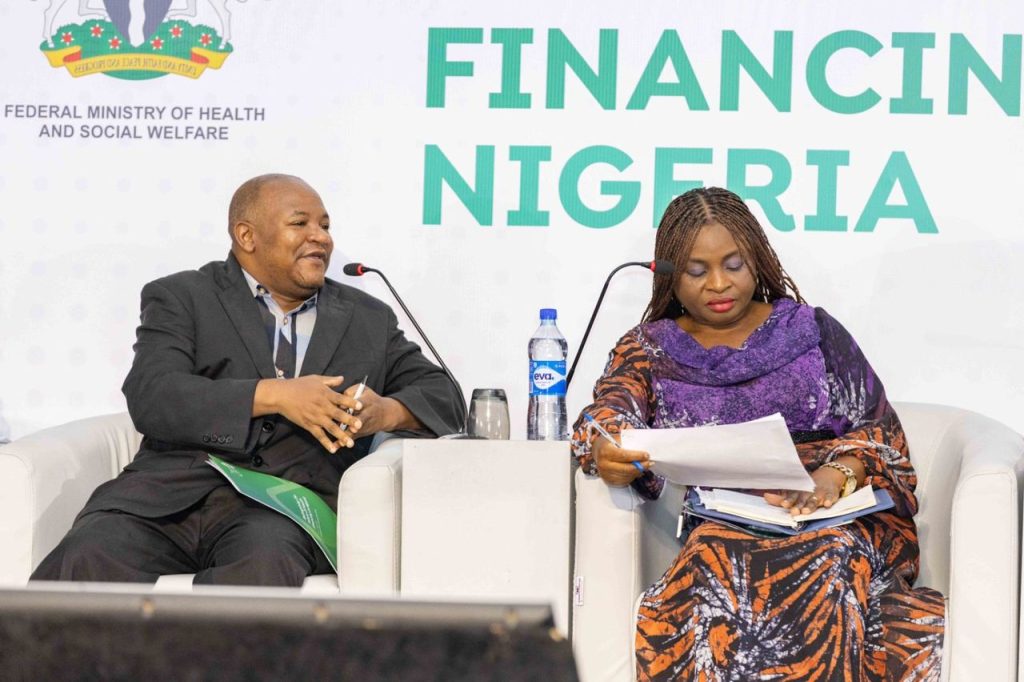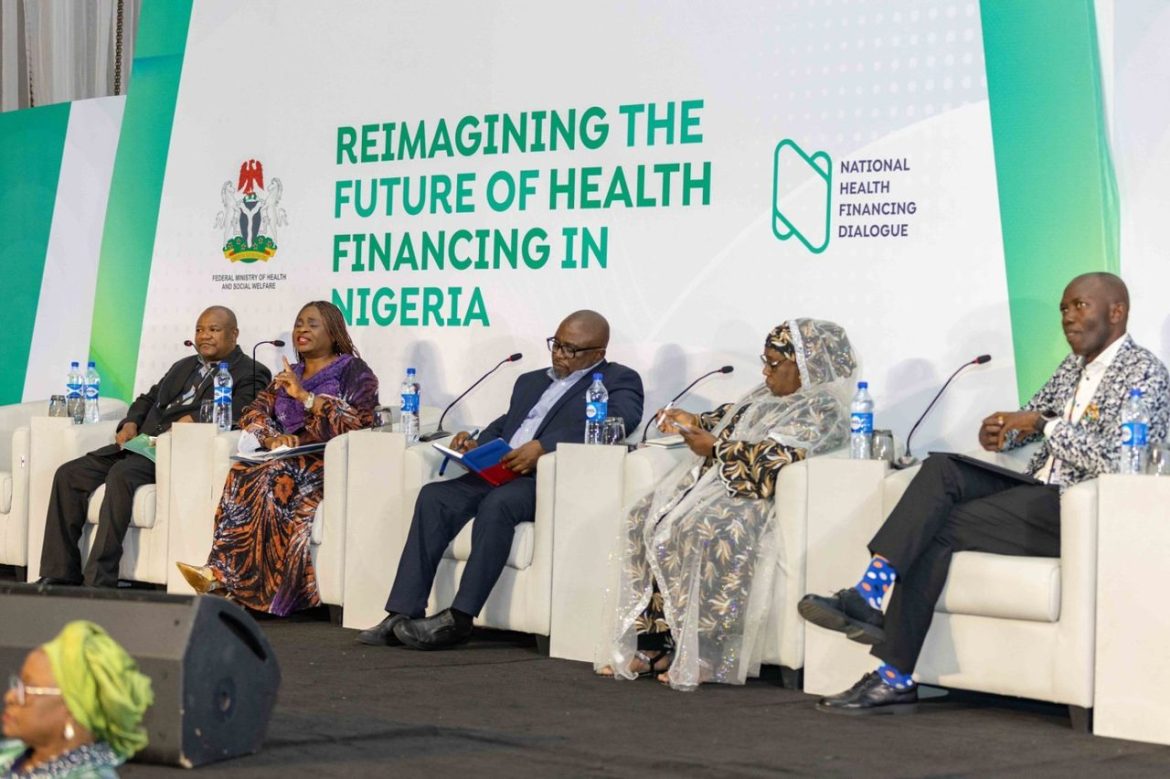By Iyemah David
Young people and grassroots women leaders have called for inclusion in Nigeria’s health financing decision-making processes, calling for statutory inclusion and participatory budgeting to ensure resources reflect the needs of citizens.
They made the call on Monday at the National Health Financing Policy Dialogue themed “Reimagining the Future of Health Financing in Nigeria,” organised by the National Health Insurance Authority (NHIA) and partners.
The dialogue seeks to reimagine financing models that make healthcare more equitable, sustainable, and accessible for all Nigerians.
It comes at a critical time as African countries grapple with fragile health systems, fiscal pressures, and the realities of donor transitions.
Speaking at the dialogue, Coordinator of Africa Health Budget Network (AHBN), Dr Aminu Magashi Garba, warned that inclusion must go beyond symbolic invitations to technical meetings.
He urged policymakers to institutionalise citizen participation in health budgeting and programme design.
“Without intentional reforms, health financing in Nigeria risks remaining disconnected from the realities of the majority, particularly youth, women, and other vulnerable groups,” he said.
Dr Magashi, called for stronger collaboration between civil society, policymakers, and lawmakers to advance a Legislative Health Agenda that ensures health financing priorities translate into real service delivery.
Mr Seniye Michael, a youth representative from DEAN’s Youth-led Initiative, lamented that leaders often attend such high-level meetings briefly, make remarks, and leave, while participants are left “to dialogue with ourselves.”
Michael said that despite making up over 50 per cent of Nigeria’s population and facing an unemployment rate of about 53 per cent, young Nigerians remain underrepresented in health policy platforms such as the NHIA and the Basic Health Care Provision Fund (BHCPF).
“In Nigeria, citizens are often excluded from resource allocation processes. Leaders assume what we need, spend resources on our behalf, and shut us out of design and budgeting processes.
“This must change. Youth inclusion should not be tokenistic, it must be statutory,” he said.
He proposed the creation of a Youth Health Access Fund, where contributions from young people could be pooled to directly finance their medical needs, ensuring accountability and reducing fund diversion.

Grassroots women leaders also raised concerns. Mrs Hauwa Adamu, Leader of Wives of Traditional Rulers, stressed that women and children remain most vulnerable in the absence of strong health systems.
“Policies are often written for us without us. Women’s lived experiences must shape advocacy and project design.
“If women understand their roles in health financing, their voices will carry more weight,” she said.
Dr Gafar Alawode, Chief Executive Officer of DGI Consult, described health as a “holistic health economy” employing over 0.8 million Nigerians and contributing significantly to national development.
He explained that the Legislative Health Agenda, recently introduced, provides a framework for lawmakers to align appropriation, oversight, and legislation with health priorities jointly identified by policymakers and civil society.
“Health financing should not only be about asking for more money but ensuring that existing allocations are well-spent.
“When priorities are jointly identified, they guide resource allocation, appropriation, and oversight to ensure accountability,” she said.
He emphasised the importance of a pooled approach, urging civil society to be engaged from policy design through evaluation to avoid fragmented advocacy.
Dr Alawode also revealed that a citizen perception survey is underway to assess how the government’s health policy thrusts are implemented at the grassroots level.
On innovation, he highlighted the role of digital systems in reducing inefficiencies, citing how technology has exposed ghost workers and enabled real-time tracking of BHCPF disbursements.
“With a click of a button, you can see how much a facility received, how it was spent, the state of infrastructure, and service utilisation. But we need an institutional framework for digital health. Currently, no single unit at the federal or state level drives this,” he said.
Chair of the Nigeria Universal Health Coverage (UHC) Forum, Chief Moji Makanjuola, stressed the role of the media in simplifying technical health financing issues for ordinary Nigerians while acting as a watchdog.
“The media must move beyond reporting speeches to following the money-tracking allocations, cash releases, and how funds translate into services like safe delivery for mothers. Stop distributing grinding machines. Instead, buy health insurance for your communities,” she urged.
Makanjuola called for capacity-building to strengthen journalists’ ability to interpret budgets and financing mechanisms, adding that stories must go beyond event coverage to community-level investigations that highlight successes and expose gaps.
The dialogue concluded with a consensus that a vibrant media, informed civil society, and a committed legislature are critical to making Nigeria’s health financing system more transparent, accountable, and effective.




